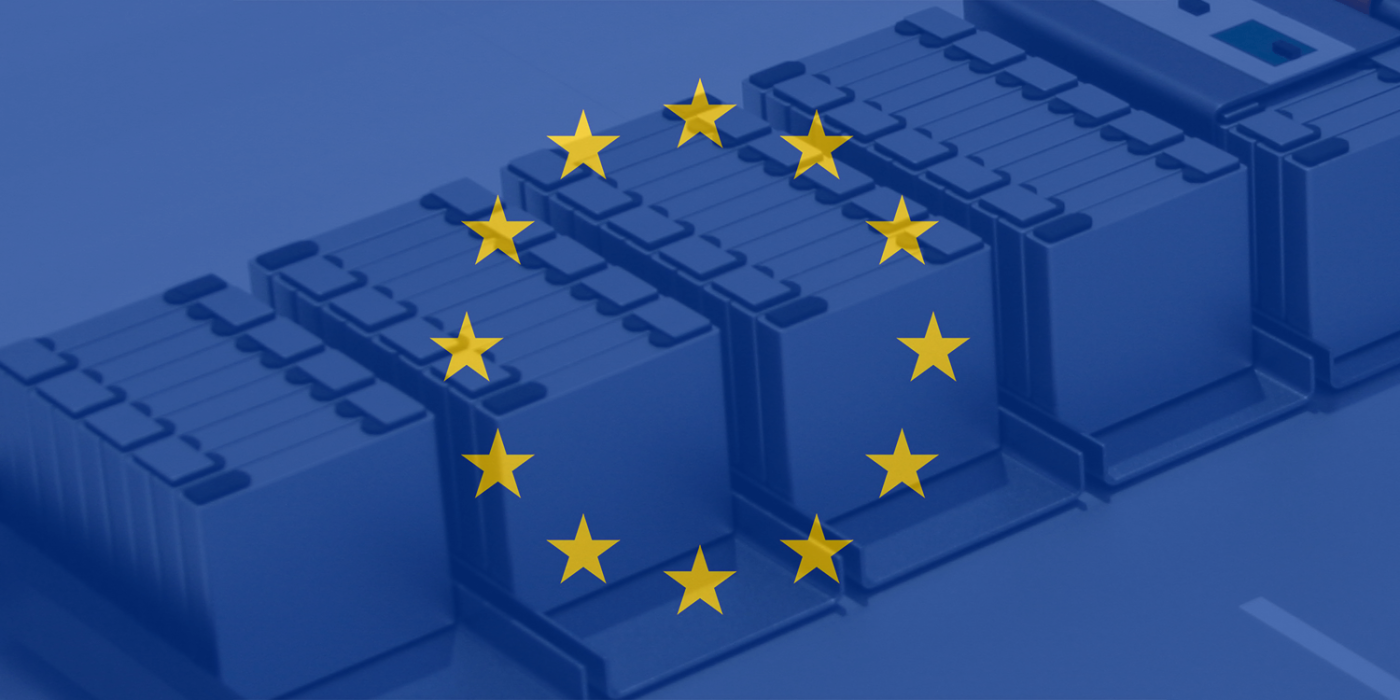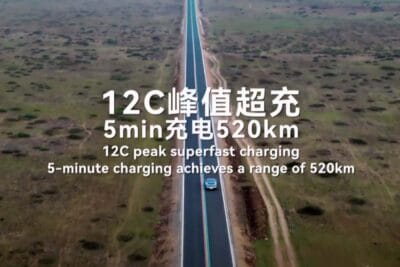EU Battery Alliance accelerating progress
One year after airing the plan for an European Battery Alliance (EBA), the EU Commission says their Action Plan is now in place. In the press release they also recapture ongoing efforts and (new) funding schemes to establish a battery industry in Europe.
From a German perspective the announcement comes as a little surprise. The country’s Terra E consortium had seized existing only last week. Yet, the news had been followed by a renewed push from the government naming Varta and Ford as the latest torch bearers reportedly. Moreover, this well echoes this latest call from the European Commission.
Its Vice-President for the Energy Union Maroš Šefčovič was eager to mark the first anniversary of the European Battery Alliance as a success and pointed to “the traction created” by the EBA. He added “we are now building a whole competitive value chain in Europe, with sustainable battery manufacturing at its core. And we are doing this at light speed,” thanks to collaborations with the European Investment Bank, several governments and the industry.
“Light speed” seems relative though given that Europe still has no facility that could compare with a Tesla Gigafactory. But the EC is right to claim some success and lists an array of initiatives from different players in different countries.
The EBA Action Plan relies on industry, the union and national governments to work together. In Sweden for example, this approach has led to Northvolt working on setting up a large cell production facility with a 52.5 million loan from the European Investment Bank. In France, Saft is working with Siemens, Manz and Solvay to develop solid-state batteries also with EU funding (we reported).
Apart from funding and efforts on the national level, the EU Commission has started to implement what they call the Strategic Action Plan. Key actions are now underway they say and include the work on a new eco-design regulation to set the performance and sustainability criteria that batteries will have to comply to be placed on the EU market. A first stakeholder meeting will be organised on December, 20 in Brussels.
Another date to mark is November, 14 when a conference on raw materials in Brussels will present recommendations based on a dialogue launched by the Commission with the Member States in view of developing framework conditions for exploration, extraction and recycling of battery raw materials in Europe.
Then on January, 24, 2019 a call will open with a total budget of 114 million euros from the EU Research and Innovation Programme Horizon 2020 for battery related topics. In 2020, additional funding for battery projects with a total budget of 70 million euros will be published.





0 Comments